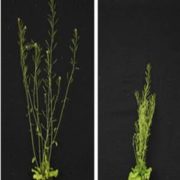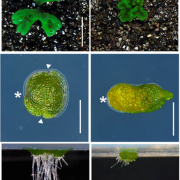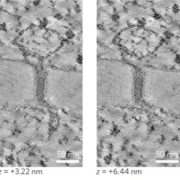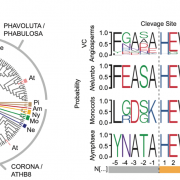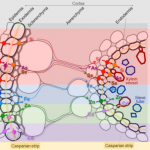Review: Feedback mechanisms between membrane lipid homeostasis and plant development (Dev. Cell)
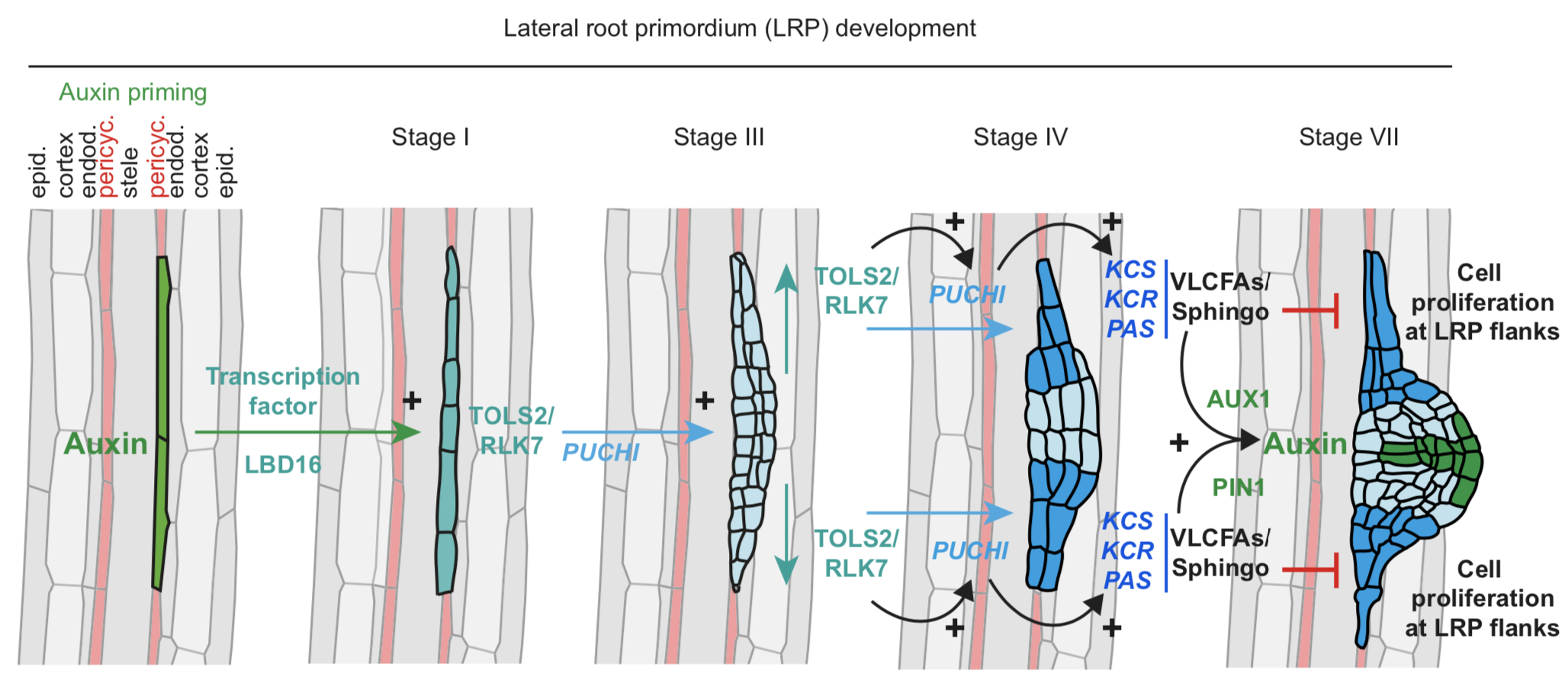 Plant development is a regulated process of cell division, expansion, and differentiation. Membrane lipids are crucial to these processes, as illustrated in this review by Boutté and Jaillais. The authors discuss the major lipid components in the different membrane systems and how these vary in space and time during plant development. Taking examples from Arabidopsis root development, the authors explain how auxin impinges on lipid homeostasis which in turn feedbacks to the auxin pathway. As an example, the pasticcino (pas) mutants display ectopic cell proliferation, and PAS is involved in the synthesis of very-long chain fatty acids (VLCFAs). Analysis of this and other mutants revealed the critical role for appropriate VLCFA production in hormone signaling and several developmental processes. The authors also discuss the role of lipids that help in concentrating signaling proteins on the membranes and thus activating the downstream signaling pathways, the significance of electrostatic interactions and lipid gradients in brassinosteroid and auxin pathways, and the regulation of cell-cell communication and cell polarity by lipids. Thus, this review provides a comprehensive view of the significance of lipid homeostasis and concludes with the emphasis on the much-needed attention required for the lipid homeostasis in plant development. Summary by (Vijaya Batthula @Vijaya_Batthula). Dev. Cell 10.1016/j.devcel.2020.05.005
Plant development is a regulated process of cell division, expansion, and differentiation. Membrane lipids are crucial to these processes, as illustrated in this review by Boutté and Jaillais. The authors discuss the major lipid components in the different membrane systems and how these vary in space and time during plant development. Taking examples from Arabidopsis root development, the authors explain how auxin impinges on lipid homeostasis which in turn feedbacks to the auxin pathway. As an example, the pasticcino (pas) mutants display ectopic cell proliferation, and PAS is involved in the synthesis of very-long chain fatty acids (VLCFAs). Analysis of this and other mutants revealed the critical role for appropriate VLCFA production in hormone signaling and several developmental processes. The authors also discuss the role of lipids that help in concentrating signaling proteins on the membranes and thus activating the downstream signaling pathways, the significance of electrostatic interactions and lipid gradients in brassinosteroid and auxin pathways, and the regulation of cell-cell communication and cell polarity by lipids. Thus, this review provides a comprehensive view of the significance of lipid homeostasis and concludes with the emphasis on the much-needed attention required for the lipid homeostasis in plant development. Summary by (Vijaya Batthula @Vijaya_Batthula). Dev. Cell 10.1016/j.devcel.2020.05.005



